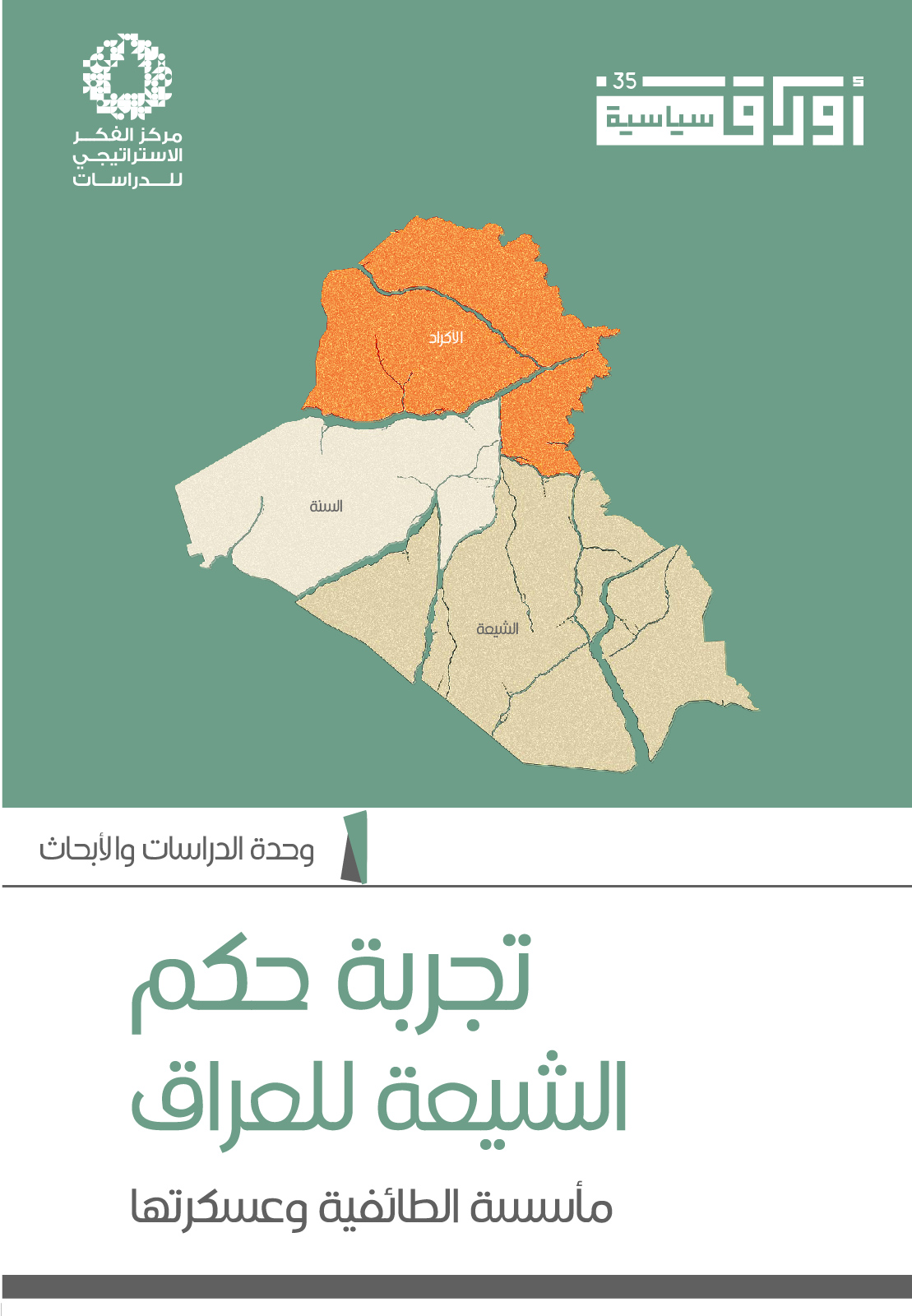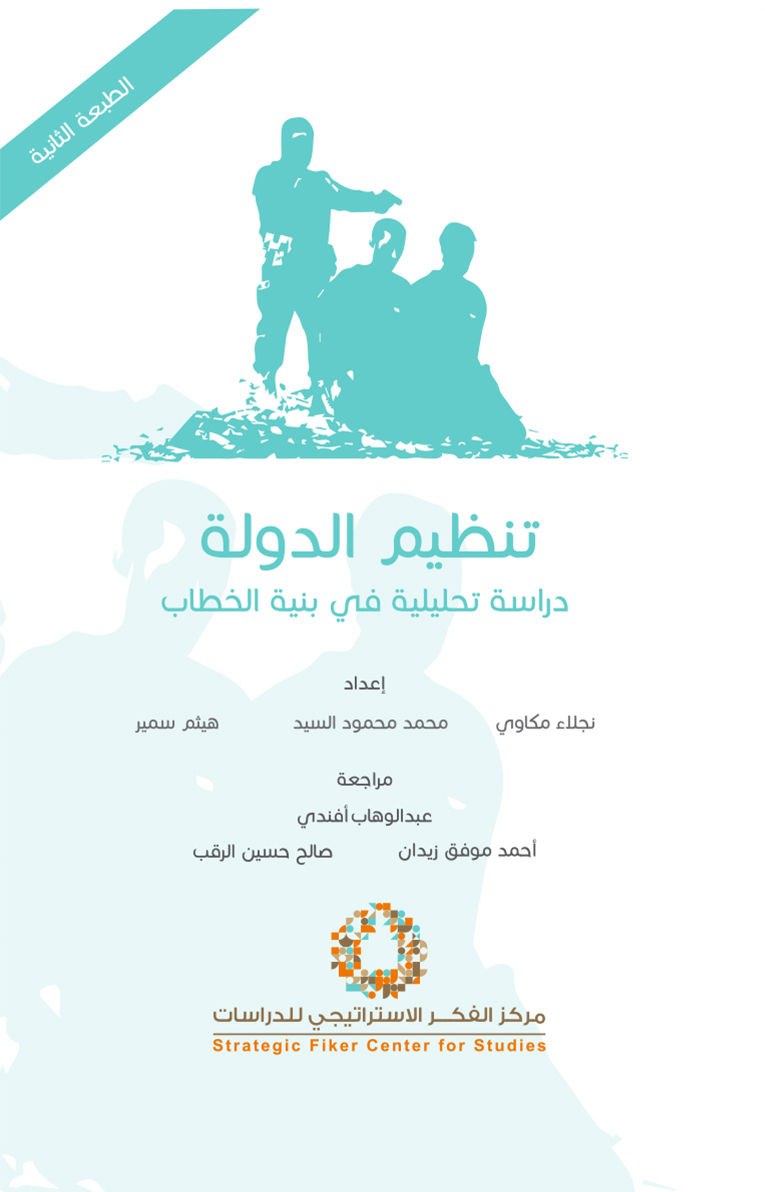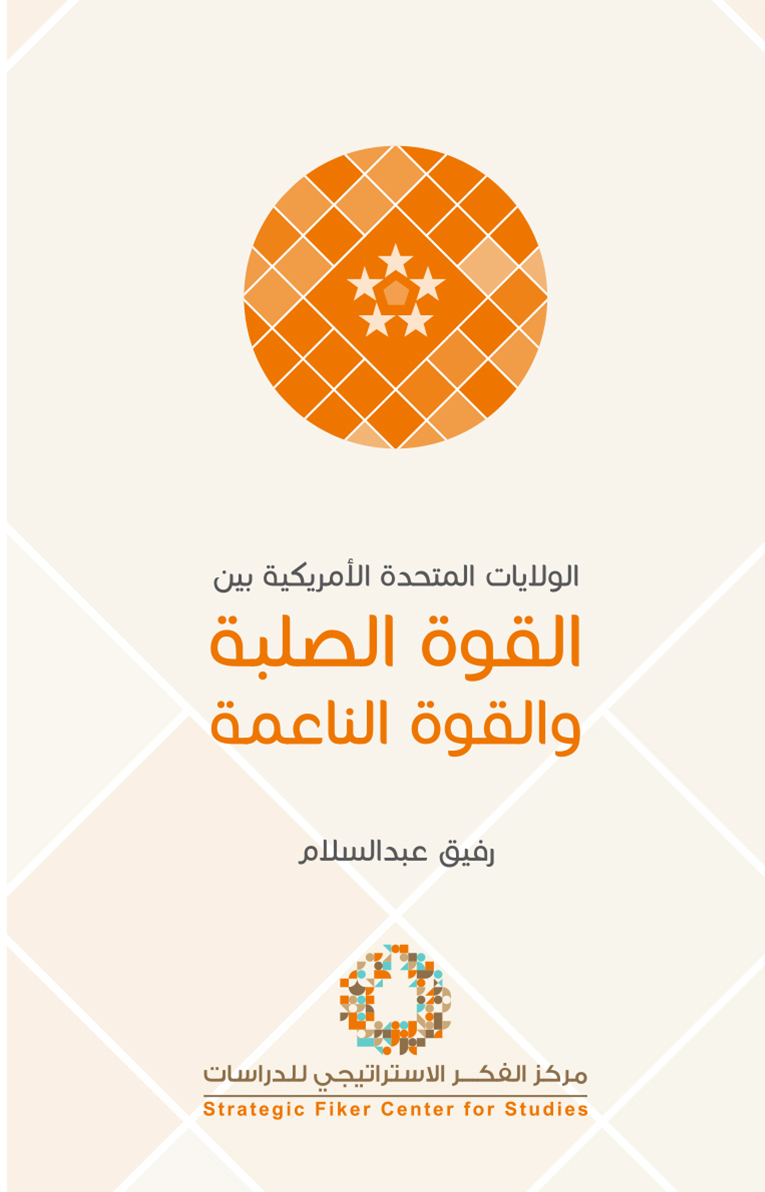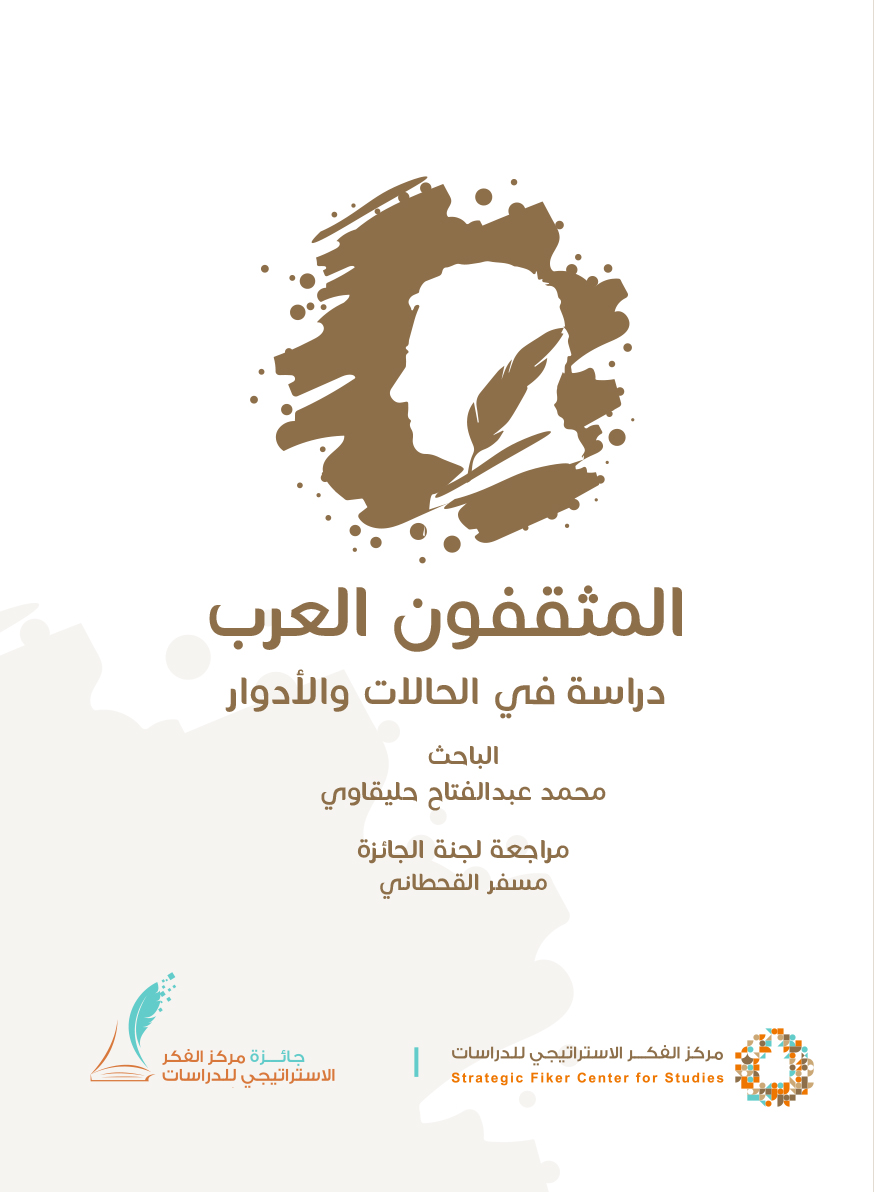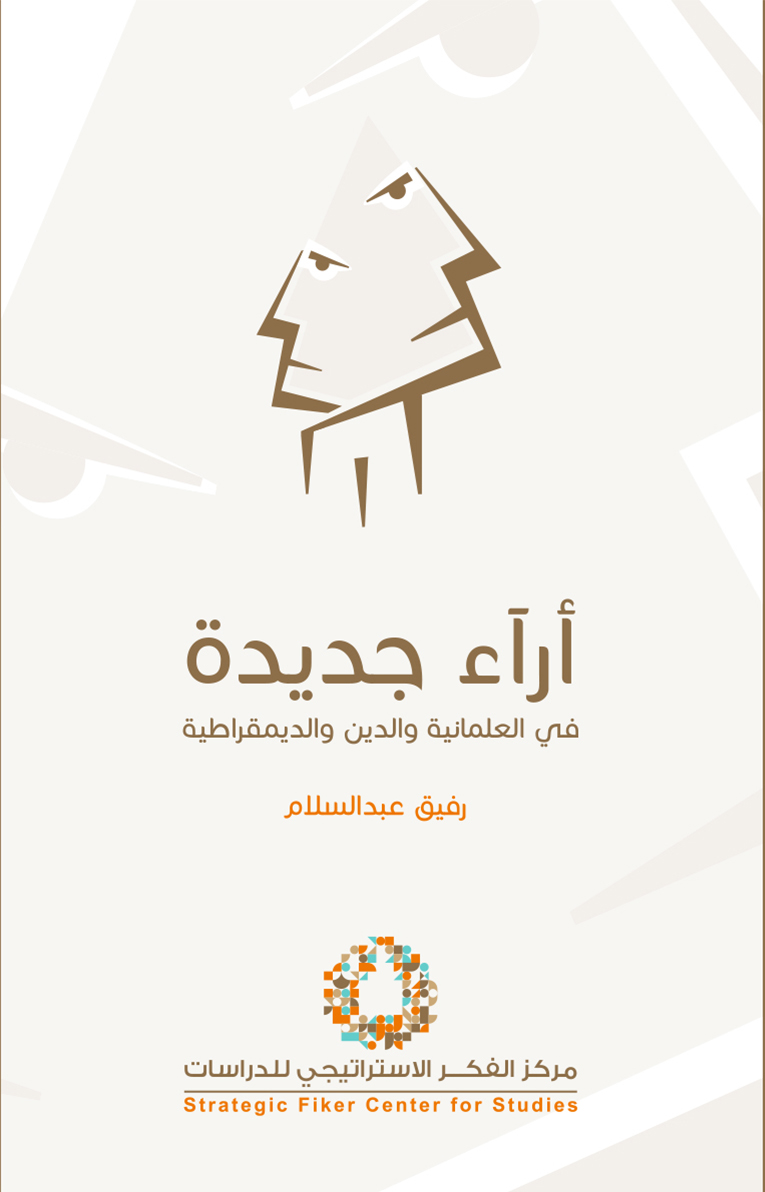Experience of Shiite Ruling in Iraq
Original price was: 5,00$.4,00$Current price is: 4,00$.
Out of stock
Description
The study has a closer look on the experience of ruling of Shiite leaders in Iraq after 2003 by examining the focal points about the decision-making dynamics during 15 years of ruling. The study seeks to analyze the implications on the democratic transition, sectarian diversity and socio-economic problems. The aim of this study does not seek to evaluate the success or failure of the democratic transition in Iraq, but it aims to explore the political perspectives of Shiite leaders about ruling from 2003 till the election of 2018. In addition, this study confirms the link between the Iraq’s Shiite experience of ruling and some other similar ruling powers as a new experience not only in the Iraqi context but also the Arab world. This predominant political situation reveals a multi-levels analysis of similar and different aspects with the Shiite political groups and militias ruling perspectives such as Hezbollah (Lebanon) and Houthis (Yemen).
Additional information
| Weight | 0,5 kg |
|---|---|
| Dimensions | 19,5 × 13,5 cm |

